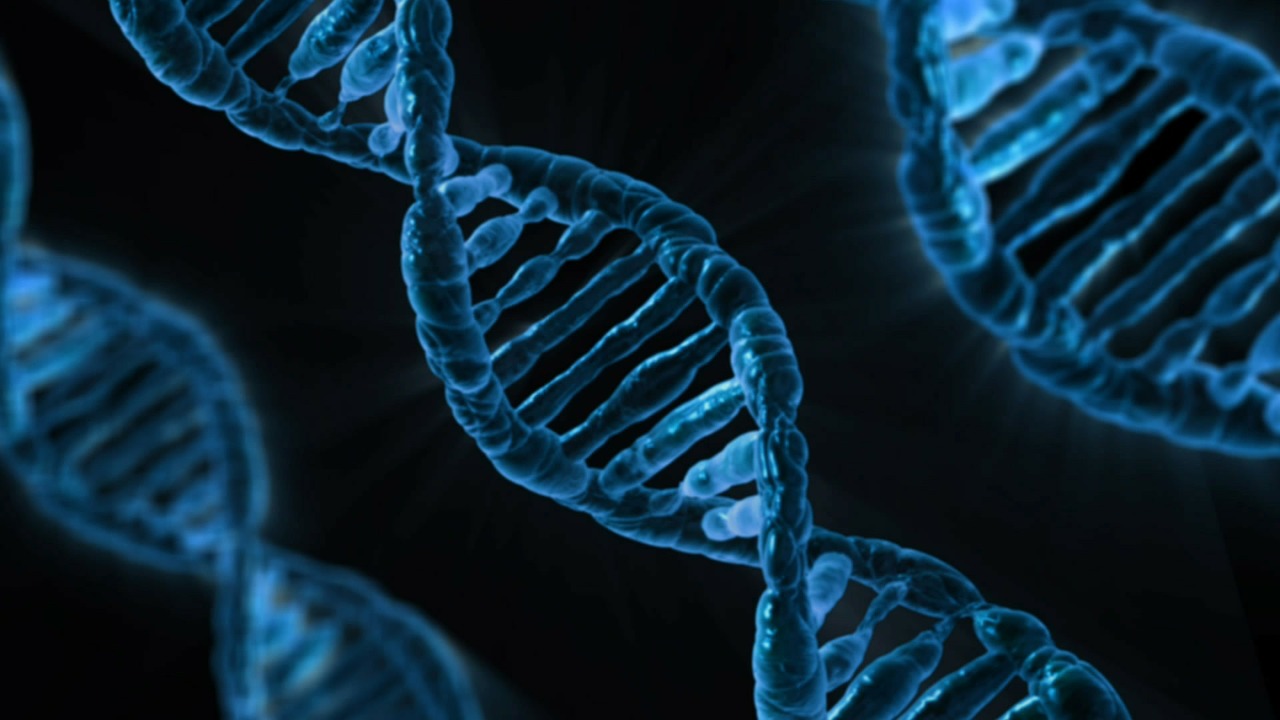Losing weight is one of the most enduring trends over the years, especially since obesity has become part of the American life. Whereas it seems like some of us have no trouble losing weight and keeping it off, others have more of a struggle. But it seems like obesity has to do more with than just the diet we follow and the workouts we do. It may depend on a deeper, unalterable level: our DNA itself.
The National Institute of Health (NIH) Committee on Genes, Behavior and Response to Weight Loss Interventions created a group to consider the effects of genes on obesity, biologically and behaviorally, focusing on the narrowing down the factors that lead to weight loss and weight gain. By examining the biology involved in weight regulation, future remedies and better strategies can be used for each individual for treating their obesity. At the end of the study, a few factors were identified, including genetic variants, biological systems, and expression of individuals’ genes.
Image Source: Mina De La O
Genetic variants are good at predicting how a person will individually respond to a certain treatment. For example, one person may have an allele on the MTIF3 gene, involved in mitochondrial protein synthesis, that leads to easier weight loss through the use of intensive physical activity and a focus on diet. However, another person may have an FTO version, a gene associated with fat mass and obesity, which suggests weight loss can be more successful through the use of bariatric surgery. Another aspect has to do with the expression of genes themselves; instead of weight loss techniques affecting the actual weight, they may affect the proportion of lean mass in your body or reduce disease risks. And speaking of gene expression, epigenetics also may have an effect on how your individual body responds to your weight loss program.
These are only some of the factors in our genes that may influence our ability to gain and hold weight, and as an extension, the prevalence of obesity around us. Other factors also include our genetic preferences for certain types of high caloric food or exercise.
However, much more research in needed to fully comprehend the effect of genes on obesity. A better understanding of both genetic and environmental effects can lead to revolutionary changes and effective treatments for weight loss, and more importantly, for weight maintenance, which can be customized for each person for maximum effectiveness.










